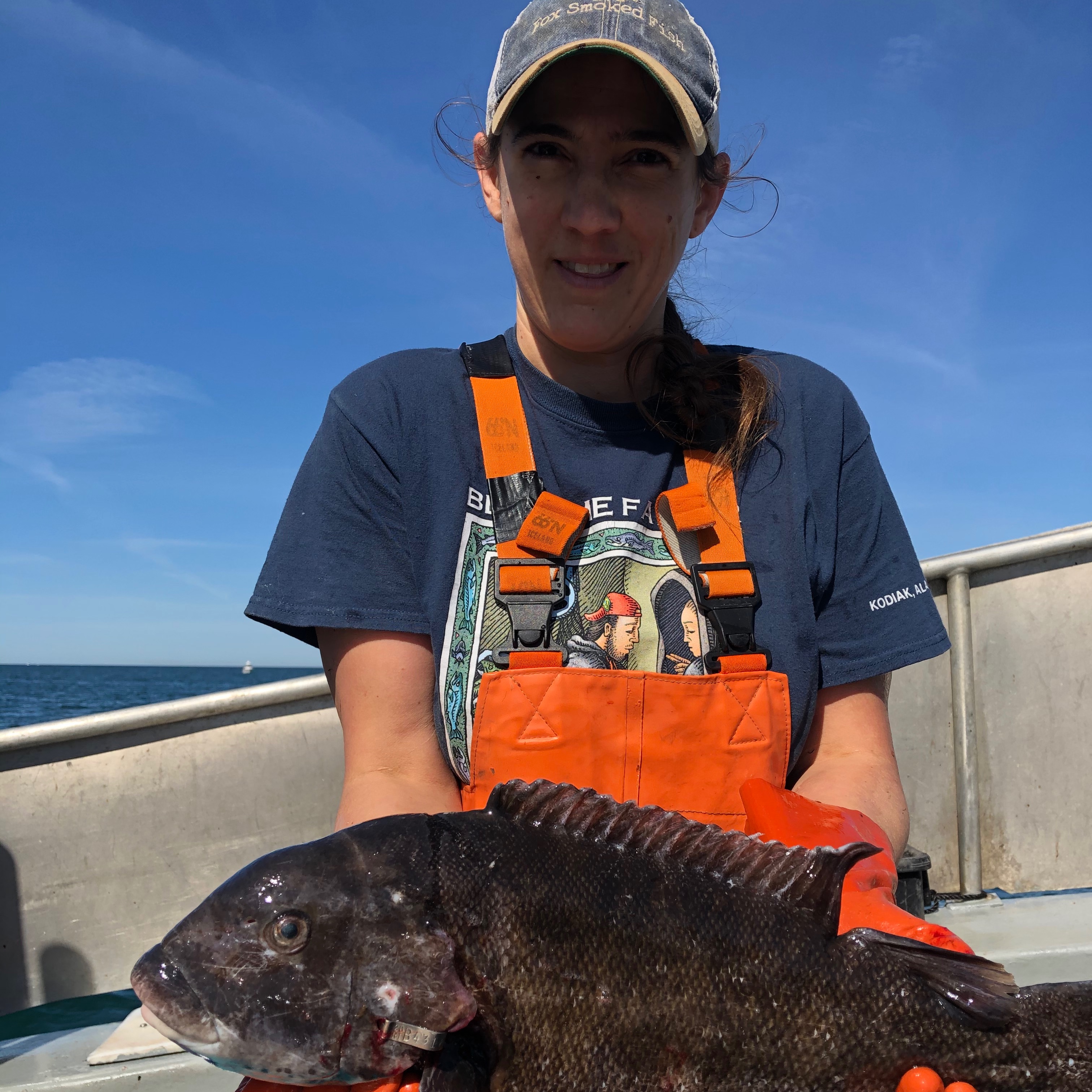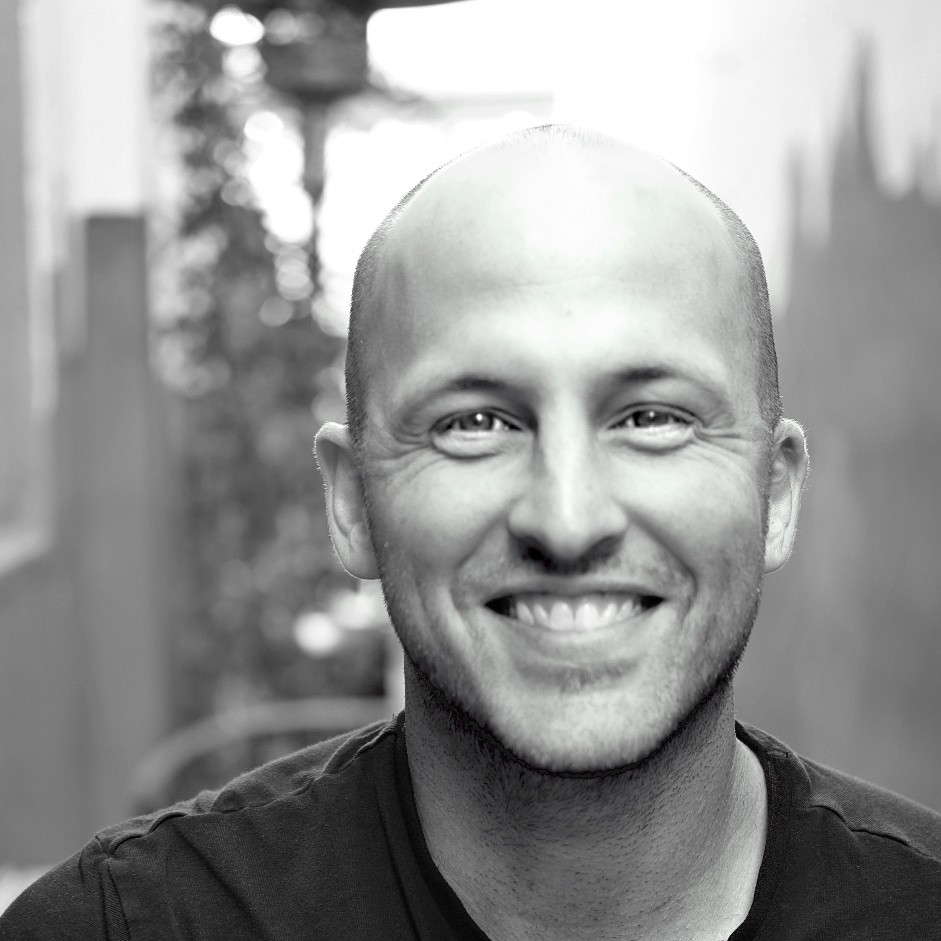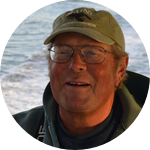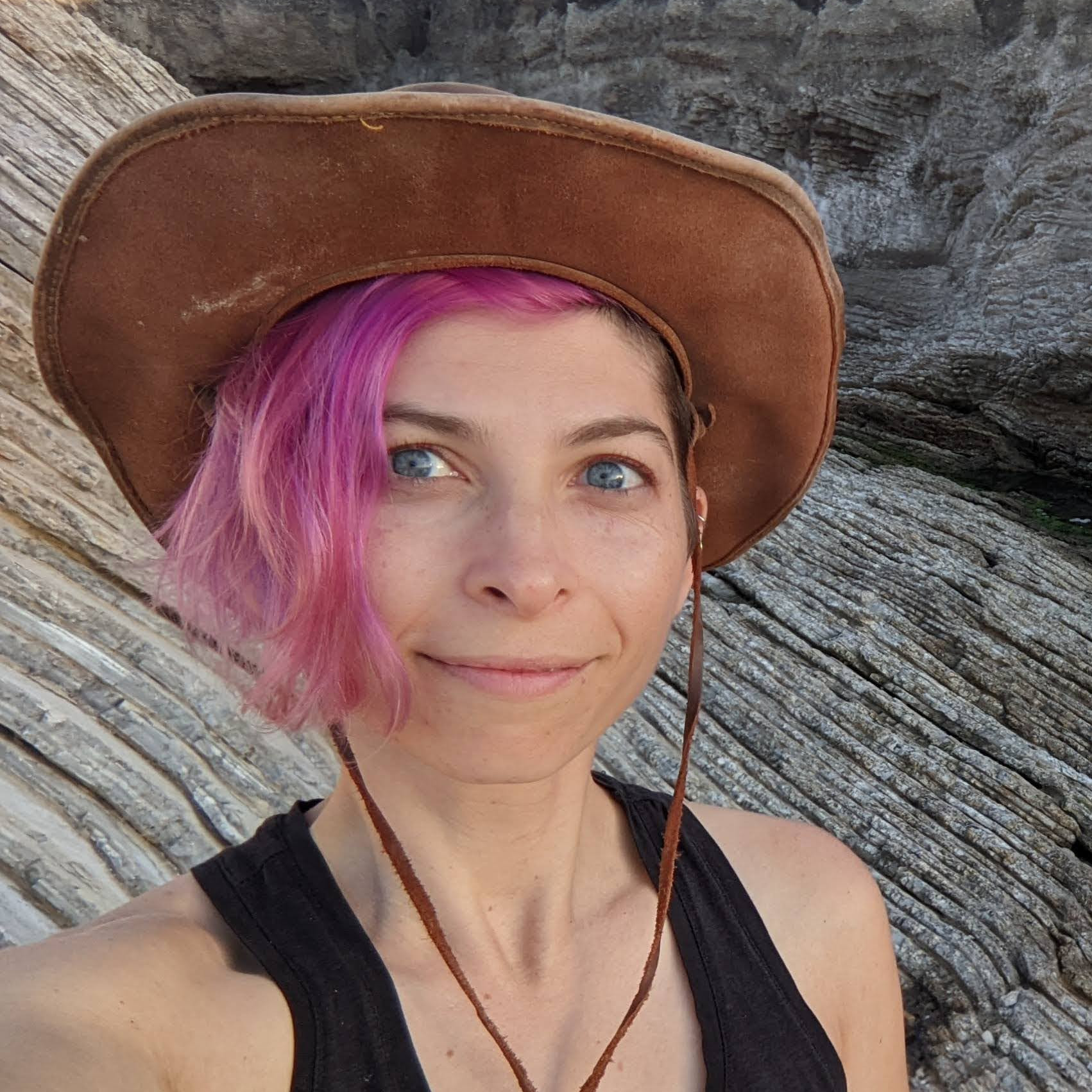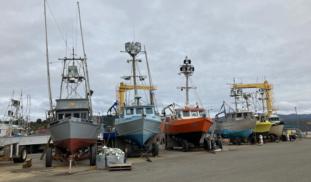Please wait...
About This Project
The urgency of climate change and record-high diesel fuel prices are motivating commercial fishermen to sketch out the contours of a low-carbon future. But significant technological and financial barriers lie in the way. In this work, we will assess these barriers and ask: what kind of targeted public programs and policies help overcome these barriers to enable bottom-up, locally appropriate innovation that puts the fleet on track to a low-carbon future?
More Lab Notes From This Project

Browse Other Projects on Experiment
Related Projects
What kinds of supports are needed to enable a transition to a low-carbon US commercial fishing fleet?
The urgency of climate change and record-high diesel fuel prices are motivating commercial fishermen to...
How can complex systems research protect child farmworkers?
In the United States, 1 child dies of injuries sustained during farm work every 3 days. Protective social...
Do Shadow Groups Run Our Democracy? How Interest Group Advertising Persuades Voters
Who are Americans for Prosperity or American Future Fund? They and other interest groups spend millions...
